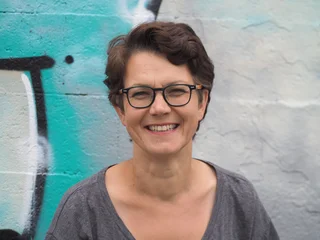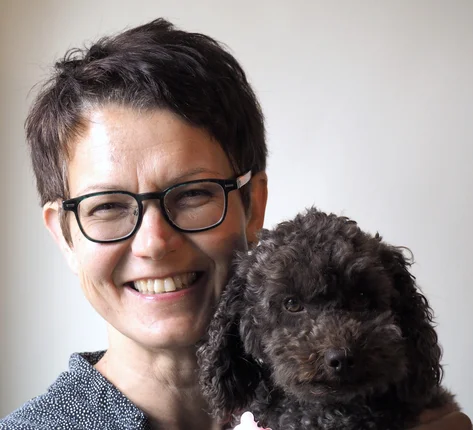Managing Midlife for Women over 40
Appointment Length
1 hour 0 minutes
Service Description
Are you struggling with the challenges of midlife? Be it managing menopause symptoms, helping and looking after ageing parents, living with teenagers, dealing with and overcoming Empty Nest Syndrome.
Midlife is a challenging time where a lot of issues converge and make our lives more complex. But with a little help, you can really transform your life and make it enjoyable and happy again.
Service Requirements
What is the problem that you want to r solve?
Have you had coaching before? If yes, how did it go? If not, what has prompted you to seek coaching now?
Are you ready to try new things, reflect and consider things that might not always comfortable, be open and honest in our sessions?
If so, book yourself in and let's get started!
FAQs
Q: What is ‘coaching’?
A: Coaching is a process through which the Client can examine what prevents them from overcoming obstacles, reaching their goals or uncovering their life purpose or whatever other reason stops them from enjoying their life under the guidance of a coach. It is a safe place where the Client can identify their values, express their dreams and make plans to reach their goals without fear of judgment. It is before everything else a dialogue where the Client will elicit from themselves what they know to be true to them. It is a partnership where the coach holds the Client accountable for the results they want to achieve through implementation of a step-by-step plan.
Q: How is coaching different from counselling then?
A: As coaching is a partnership built on trust, we need to ensure that we are a good fit to work together so that I can ensure that you get the results that you want. We need to check that our values are aligned. So at the end of our chat, I will tell you if I think that we can get results together and recommend a way forward.
Q: Do you guarantee that I will reach my goals ?
A: No, I can’t guarantee that. But I can make sure that your goals are aligned with your values, that they are achievable and I can guide you through a strategy for you to get out of your comfort zone and do your utmost to reach them. And I can guarantee you that you will have some breakthroughs and will come out of the coaching process with a much deeper understanding of yourself. So it will be an enriching experience, right from the first few sessions.
Q: What does a coaching session with you look like ?
A: As your coach it is my responsibility to identify what beliefs you hold about yourself and life that are not serving you or are limiting you in one way or another and to help you see that these beliefs can be replaced with more helpful beliefs. So, at times, coaching can be quite uncomfortable. It is my job as your coach to help you navigate these waters and not to be your friend. But I coach from the heart and with warmth and empathy. Although I said it’s a dialogue, in fact you will be doing most of the talking, while I will be listening intently to you and ask you probing questions. Generally, I only ask questions to further your self-analysis, so as long as you talk, I will be listening intently and taking some notes. I will also suggest some activities to help you throughout the coaching process. It is important to know that I will always invite you to do such activities but you can always decline them. I will choose activities that will be most helpful for you.
Q: What coaching methodology do you use ?
A: There are different coaching methodologies and I adapt my approach to my client’s needs and thinking style. But my coaching methodology is rooted in First Principles Thinking which, through answering probing questions, breaks down problems into their smallest parts and challenges all assumptions linked to each part in order to create solutions that are new and unique. Basically, this helps my clients think ‘out of the box’. I also use solutions-based coaching model and the GROW model (Goals - Reality - Options - Wrap-up). To put things simply, I choose the best approach for each individual client, taking into account what their goals are and what learning style they prefer. I use a variety of coaching tools, such as visualisations and mindfulness too. But as said above, I will always ask you for your permission and you are totally free to decline.
Q: How did you become a coach ?
A: That’s a good question! I have been in Education for virtually my entire professional life (apart from a year working as an PA for Caterpillar Overseas S.A. just after my degree). Firstly, as a PhD student, then a postdoc researcher, doing small-group teaching and tutorials, then lecturing and teaching. I worked very part-time when my children were very small (I have three kids and they are all bunched together in age), as I simply could not manage with a full-time job. When they grew up and needed me less, I wanted to increase my hours and started to consider various options. Coaching started to become more well-known in Britain a few years ago and it seemed like a skill I had naturally developed through all my years of teaching. But by not transmitting skills or knowledge but helping the Client find resources in themselves, coaching is a much shorter intervention that brings results in a matter of weeks or months, which really appealed to me. My passion is to pass on anything I know that can help people and to support them in their endeavours.

